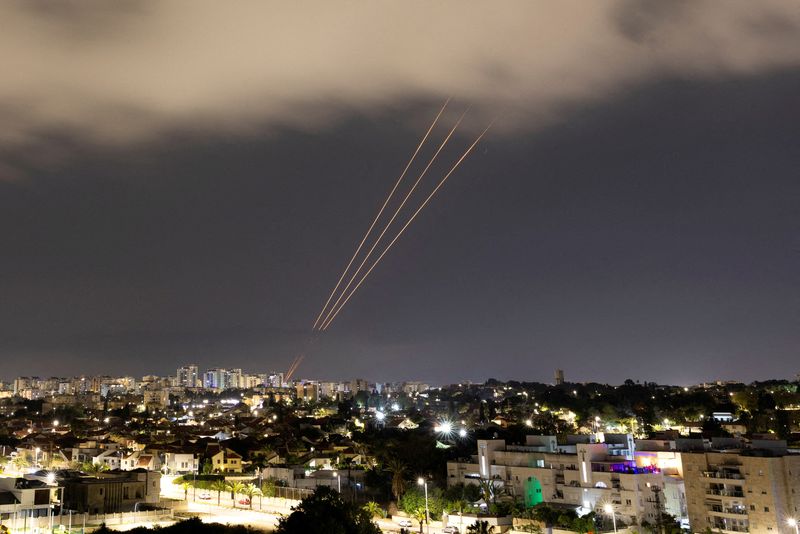China expressed belief that Iran can handle the situation well and prevent further turmoil while safeguarding its sovereignty and dignity following an attack on Iran’s embassy in Syria and its retaliatory strike over the weekend. Chinese Foreign Minister Wang Yi spoke with his Iranian counterpart Hossein Amir-Abdollahian, noting Iran’s emphasis on not targeting regional and neighbouring countries and describing their actions as limited and in self-defence. Wang strongly condemned the embassy attack, and China calls the incident unacceptable. Iran assured China of their awareness of regional tensions, willingness to exercise restraint, and lack of intention for further escalations.
In response to Israel’s pledge to retaliate to Iran’s attack, tensions in the Middle East have increased, leading several countries to call for restraint. Since the missile attack on Saturday night, numerous countries have summoned the Iranian ambassadors for discussions. Wang also spoke with Saudi Arabia’s foreign minister, expressing China’s willingness to work with Riyadh to prevent further escalation in the region. Foreign Minister Faisal bin Farhan Al Saud stated that Saudi Arabia highly expects China to play an active role in maintaining peace and is willing to strengthen communication and coordination with China to promote an immediate and unconditional ceasefire in Gaza.
The conflict in Gaza has led to clashes between Israel and Iran-aligned groups in Lebanon, Syria, Yemen, and Iraq since October. Saudi Arabia expressed full trust in China and is willing to work towards sustainable development of bilateral cooperation. Faisal emphasized the importance of China’s role in preventing further escalation in the region and promoting peace. China and Saudi Arabia are working together to address the current tensions and prevent further violence in the Middle East. The mutual trust between the two countries is a significant factor in their cooperation to maintain stability and security in the region.
The Chinese government strongly condemns the attack on Iran’s embassy in Syria and emphasizes the importance of respecting the sovereignty and dignity of all nations. Wang Yi reiterated China’s support for Iran’s efforts to handle the situation while preventing further turmoil in the region. China believes in the importance of dialogue and communication to resolve disputes and prevent conflicts from escalating. The Chinese government is committed to working with other countries, such as Saudi Arabia, to promote peace and stability in the Middle East.
The situation in the Middle East remains tense, with the potential for further escalation between Iran and Israel. China’s proactive efforts to engage with Iranian and Saudi Arabian officials demonstrate its commitment to preventing further violence and promoting diplomatic solutions. The Chinese government’s condemnation of the embassy attack and support for Iran’s self-defense actions reflect its principled stance on respecting national sovereignty and preventing unnecessary conflict. China’s role in facilitating communication and cooperation between regional powers is crucial in maintaining peace and stability in the Middle East.
Overall, China’s response to the recent events in the Middle East highlights its commitment to promoting peace and stability in the region. By engaging with Iranian and Saudi Arabian officials, China aims to prevent further escalation and promote dialogue to resolve disputes peacefully. The importance of respecting national sovereignty and avoiding unnecessary conflict is emphasized in China’s statements condemning the embassy attack and supporting Iran’s self-defense actions. Collaborative efforts with regional partners, such as Saudi Arabia, demonstrate China’s proactive approach to conflict resolution and its commitment to upholding peace in the Middle East.


